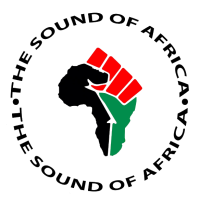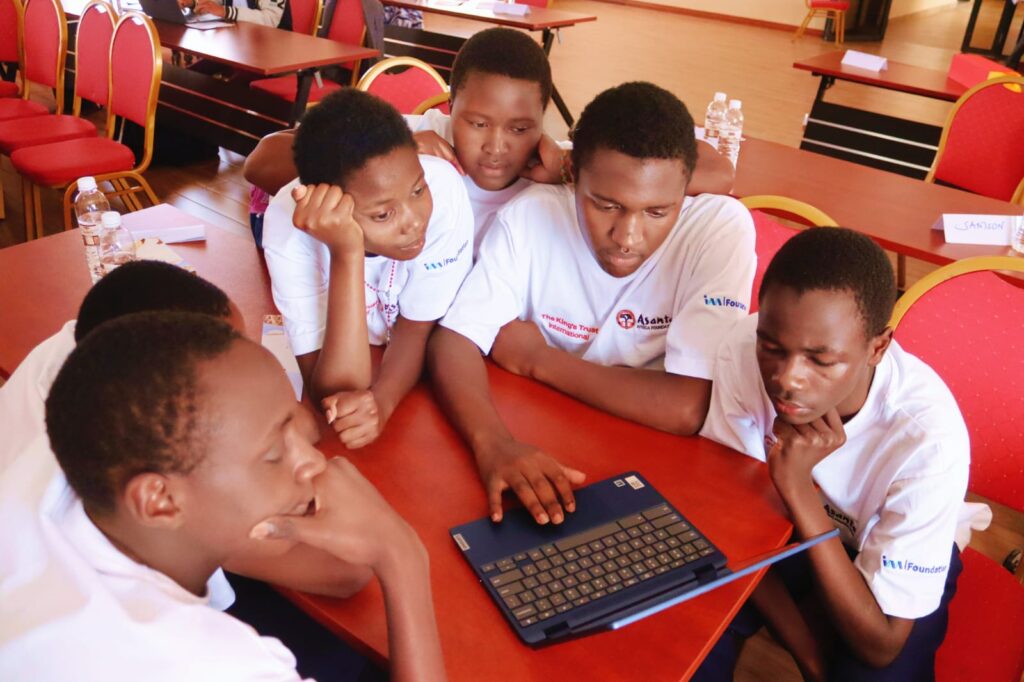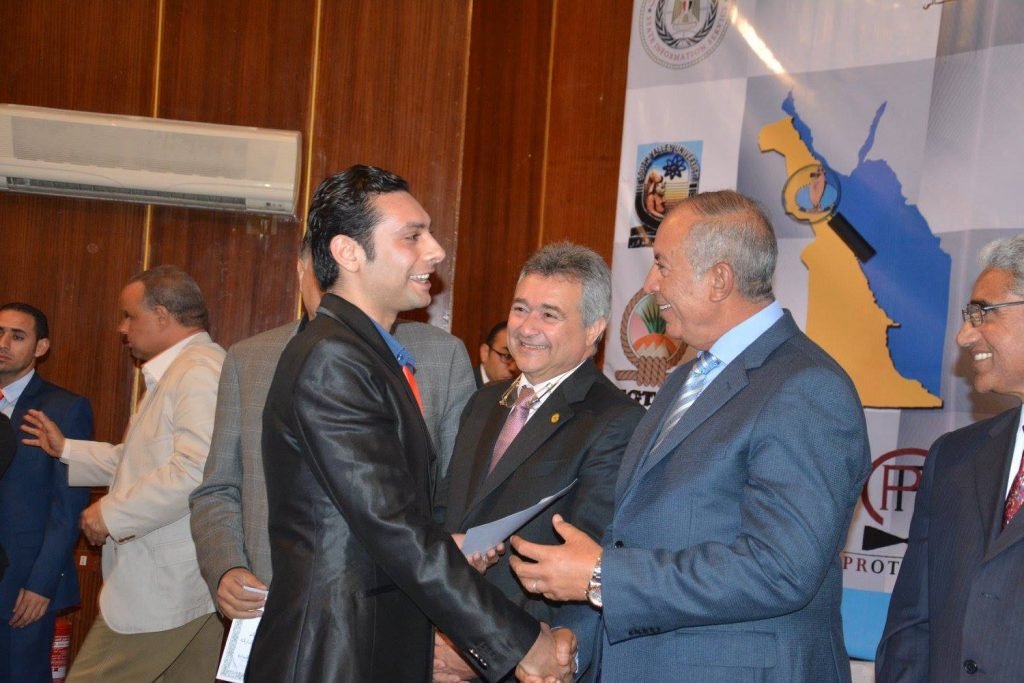Paths in the Digital Era
Imagine. Imagine you are starting over. Your possessions have vanished. Your career has been erased. Your network, your finances, your experience, and your education have all disappeared too. You are left with only your innate, unpracticed talents and the will to succeed. Put your phone down, close your computer, and imagine it for a moment. Chances are you overlooked something critical in this exercise: Your Literacy.
The theme of International Literacy Day this year is “Promoting literacy in the digital era to empower youth.” We at Asante Africa Foundation recognize that reading and writing are paramount, and today’s learners must become double literate. First in language skills and then in technologies like computers and internet tools.
Advancing in education increasingly depends on the digital landscape, as do areas of livelihood like competition, commerce, and even functions of daily life. Those without opportunities to build digital and technology literacy will not realize their full potential. This is the concept of the digital divide.

We think of the digital divide as a river. On one side, there is a city with abundant access to the tools of momentum. A place where each success cascades into new opportunities. Where people can achieve their highest potential in education and then flourish in life with a little hard work. From the other side, that city looks like a futuristic neon metropolis. It is held fixed at a distance. And only the blinking lights cut through the infinite fog.
Lighting the Path
For nearly two decades, Asante Africa Foundation has helped learners in East Africa build paths into digital literacy. In 2024 alone, Asante Africa Foundation engaged with 2,500 teachers and parents in 163 schools and communities, reaching well over 140,000 lives.
Many students do not have routine access to the internet or computers, so the Accelerated Learning Program is often their introduction to digital learning. This program endows teachers with specialized training and leads many students to create their own businesses. In 2024, there were 464 scholarships granted, based on merit and/or need, to get them started.
For learners who have gained momentum, the Youth Livelihood Program and DEEP Initiative continue that support into the next level. These programs have helped award IT and Developer certifications using real world experience with partners like Google, Cisco, Salesforce, and Amazon. It even includes computer programming studies, which feature game coding challenges to keep it fun!
But these students do not simply learn the material and go home. Many are pushed much further. Partnering with King’s Trust International, Asante Africa Foundation has implemented the Enterprise Challenge program in East Africa. In it, youths develop and pitch their own unique business plans at local, regional, and national competition levels. They are supported through the process with feedback and coaching. The national winners receive startup capital to implement their vision.
Asante Africa Foundation’s CEO, Geoffrey Kasangaki says of the program:
“This partnership is accelerating the depth of learning and broadening the reach to more rural young people who are frequently forgotten. We have first-hand experience that young people, when given the tools and knowledge, will collectively solve challenges their communities face and make money doing it.”
By the time they are graduates, students have honed an ability to think big. As Africa’s underdeveloped energy and IT infrastructure is stressed by the growing number of digital users, it will take a new generation of problem solvers to meet these challenges at scale. We believe the will, talent, intellect, and ingenuity are all present in the youth we serve. It is only a matter of getting them on the path that equips them to move forward.
Joseph is one such individual who may help change the world:


From First Clicks to Boundless Futures
Many of us have forgotten the first time we opened a computer and learned how to use a mouse and keyboard. It has become part of the day-to-day activity we take for granted. But there is a student doing that for the first time right now, eyes wide with delight, and perhaps even a little nervous!
As you think about International Literacy Day, we ask you to consider what you can do to promote literacy. How can you help a student begin to cross the river into the neon city? If you are motivated to contribute, we welcome your partnership.
Written by: Rich Kern



